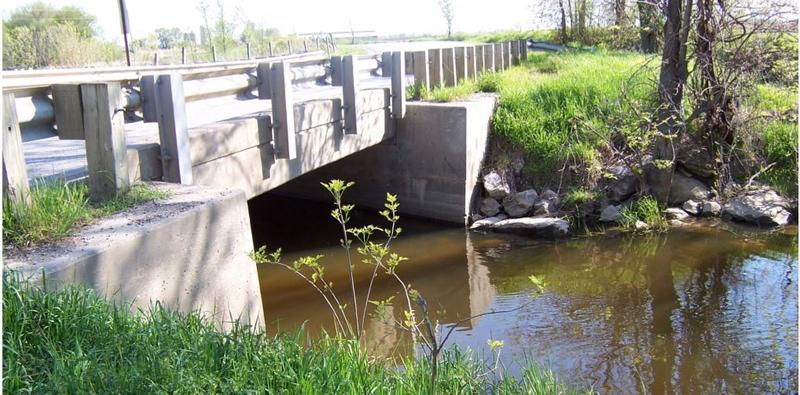As Farmers Plant Cover Crops To Reduce Runoff, Report Says They Also Use More Herbicides

A recent study found pesticide levels in Franklin County’s Jewett Brook that were high enough to kill aquatic life. A retired chemist for the Agency of Agriculture says Vermont needs to do more to track and regulate pesticide use in the state. (Nat Shambaugh, Courtesy)
A new report by a retired state scientist shows the apparent unintended consequence of the successful push by dairy farmers to reduce nutrient runoff into Lake Champlain.
Farmers reduce runoff by planting their corn fields with cover crops, which they then kill annually with herbicides. The report documents an increase in herbicides applied on the land and potentially running into Lake Champlain.
The report also questions whether the state agriculture agency is following its own policy to reduce pesticide use.
The report was discussed at a January meeting of the Lake Champlain Citizens Advisory Committee – which advises the Legislature on lake water quality issues. Committee members were surprised by the findings.
“My gosh, when I read and hear about the amounts of herbicides and pesticides that are being put into the ground in Vermont, I’m stunned,” said Bill Howland, a member of the advisory committee and former director of the Lake Champlain Basin Program, a federally funded effort aimed at protecting and restoring the lake. Howland has worked on lake environmental issues for decades.
Read the rest of the story at VPR’s website.
